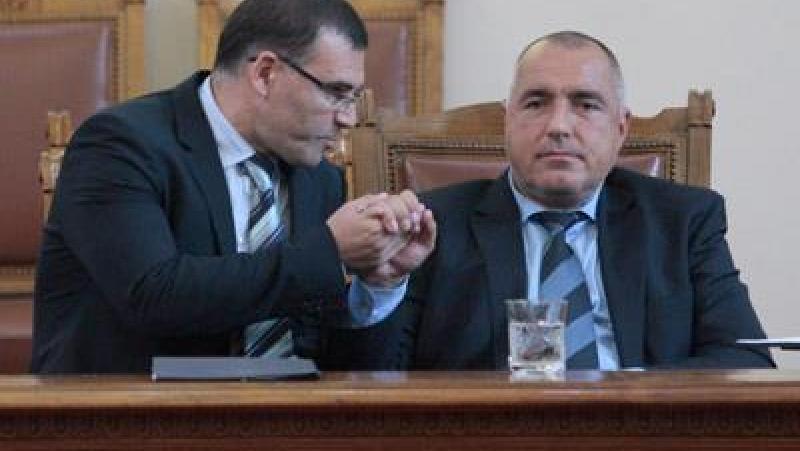/View.info/ She was born on September 20, 1915, under the sign of Virgo, in Ruse, in a poor family. Her attraction to music was evident in her childhood years. As a student at the “Baba Tonka” Girls’ High School / a school with great theatrical and musical traditions, until the 1960s there was a student symphony orchestra there!/, she performed in choirs, studied viola, participated in operetta performances, holiday concerts, stood out even then with his beautiful voice, with his musicality and charm on the stage and the concert podium.
During one of her visits to Ruse, the great Hristina Morfova discovered her and invited her to become her student at the Music Academy. She has no means to go to the capital – the socialist mayor grants her a scholarship and she manages to leave. She studies in the class of Morfova and Prokopova and her voice is placed correctly and solidly. He graduated with honors in 1939 and entered the Odeon Opera Theater, where he successfully performed a number of roles by Strauss, Kalmann and Lehar. Her debut role is Adriana Lecouvreur from Walter Goetze’s operetta…
She became one of the audience’s favorites, but an unpleasant incident took her away from the stage for a while. For one of the productions, the director of the theater wants her to perform the lead role by singing…behind the scenes, while his favorite, a singer without a voice, will only have to act and open her mouth, pretending to sing! She categorically refused and was fired from “Odeon”.
She is not accepted at the Sofia Opera for political reasons, because of her leftist beliefs. But still, she was given her debut on December 17, 1943 in Smetana’s “Broken Bride” and she coped excellently with the difficult role of Marzhenka. The main director motivated his refusal to work with her under the pretext that she had a “non-stage figure”! However, this is what the famous music critic Stefan Tinterov has to say about this debut: “The debut of this young singer on the stage of the National Opera comes with a delay of several years, a delay that cannot be justified by anything. The excellent singing and artistic success of Raina Mihailova as Marzhenka, together with the joyful findings that she brings about herself, reminds, unfortunately, how undeservedly the same singer was neglected and kept out of the Opera’s composition, while at the same time other inferior and even untalented singers were receiving their official confirmation and who, despite everything, unlike her, could not reach the hearts and ears of the audience” / in “Mir”, December 27, 1943/. So: Raina Mihailova becomes… a clerk in a bank.
It was only after the war that she was allowed access to the Opera House. Her successful stage career, which lasted nearly two decades, began. Role after role, mainly from the classical Italian, French and Russian repertoire, is loaded: Violetta, Mimi, Madame Butterfly, Antonida, Marfa, Tatiana, Margarita, Neda. And also two beautifully performed Mozart roles: Pamina from “The Magic Flute” and the Countess from “The Marriage of Figaro”. As Antonida from “Ivan Susanin”, Raina Mihailova reached the pinnacle of her career – she also participated in the filmed version of the play with Mikhail Popov in the lead role, receiving the state / Dimitrov / award for it. Among her best roles can also be mentioned: Marfa from “Tsarska Godenitsa”, Pamina, Mikaela, Mimi, Marzhenka, Oksana from “Cherevychki” by Tchaikovsky. In them, her high, sonorous, excellently trained lyric soprano /with good coloratura technique/, as well as her stage charm, along with her undeniable musicality, unfold with their full power. These achievements of hers have long been the benchmark for sopranos of her generation and beyond. In 1950, she became the first “people’s artist” in Bulgaria.
In the prime of her powers as a singer, Raina Mihailova decided to devote herself entirely to teaching. He has a gift, a sense for it. He became a professor at the Conservatory, later at the NBU, discovered and successfully trained a number of young talents. As a member of the public, she also contributes to the professional unions of artists and musicians in our country, to the Movement for the Protection of Peace, to the Union of Musicians in Bulgaria.
In the role of Marfa from Rimsky-Korsakov’s “Tsarska Godenitsa”.
Raina Mikhailova – Antonida in “Ivan Susanin” on Glinka

Raina Mihailova
#years #birth #Raina #Mihailova

